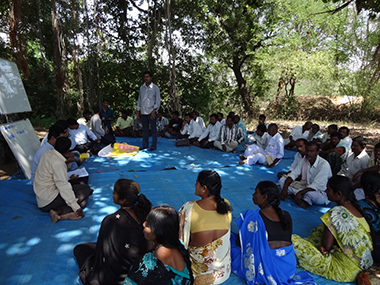Back
Related categories
Found 11 Results
-
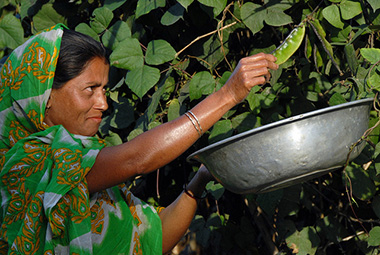
Agriculture, nutrition, and health: more than meets the eye
Most of our health systems are set up to respond to problems, whereas agriculture can be part of a prevention approach.
-
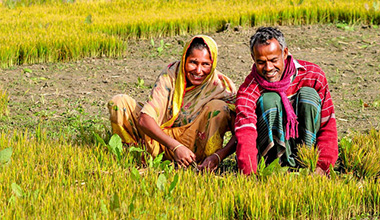
IFPRI at 40: Making a difference through food policy research
12 stories that describe IFPRI's work on key topical areas
-
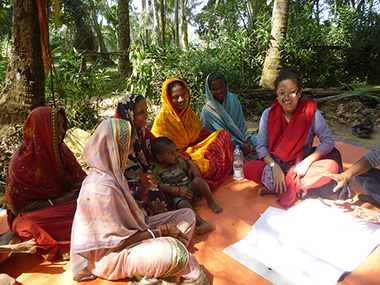
Reflections on policy impact and capacity strengthening in IFPRI’s country programs
Reflections on IFPRI’s country programs
Post by Paul Dorosh, Director of the Development Strategy and Governance Division.
-
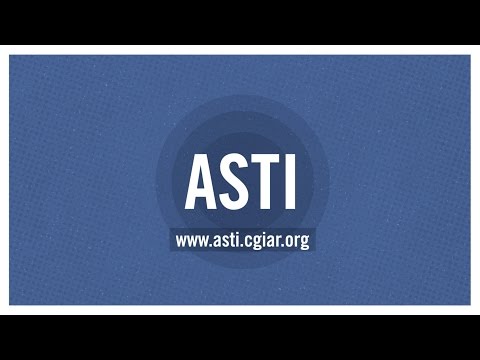
The evolution of Open Data
The following post by Nienke Beintema, Head of the Agricultural Science and Technology Indicators (ASTI) Program, is part of an ongoing series of blog stories celebrating IFPRI’s 40th anniversary. Each story authored by current and former IFPRI research staff highlights a key research topic through the years from the personal perspective of the researcher. Open […]
-
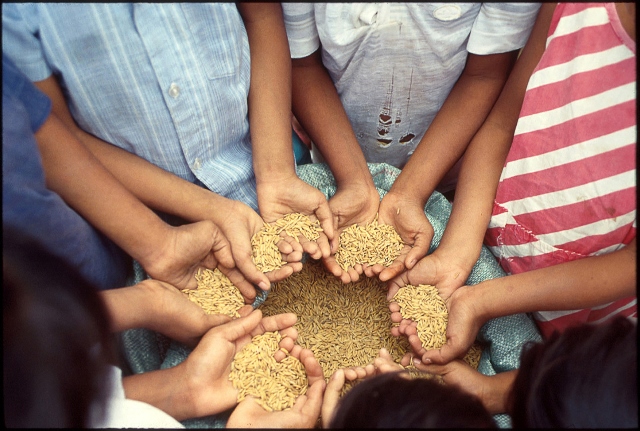
Why should we make staple foods more nutritious?
Post by HarvestPlus director Howarth Bouis
-
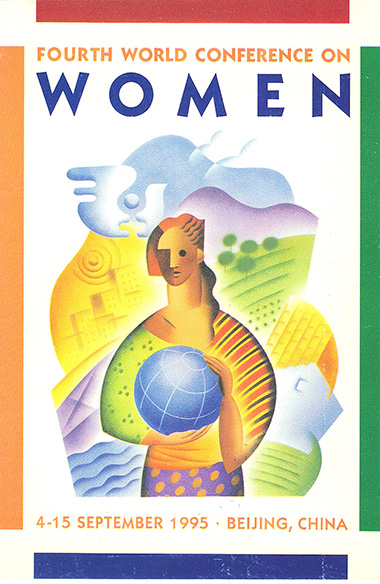
Looking back to move forward
My 20th anniversary of working at IFPRI coincides with the 20th anniversary of the UN World Conference on Women in Beijing
-
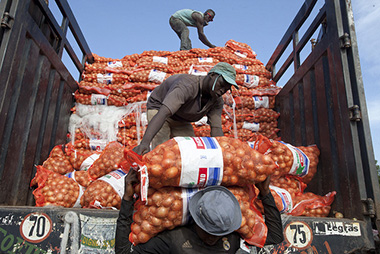
Why developing countries should stop discriminating against agriculture
Should developing countries return their policy focus to protecting domestic industry, assuming the agricultural sector will go largely unaffected? Former IFPRI senior researcher Alberto Valdés says no.
-
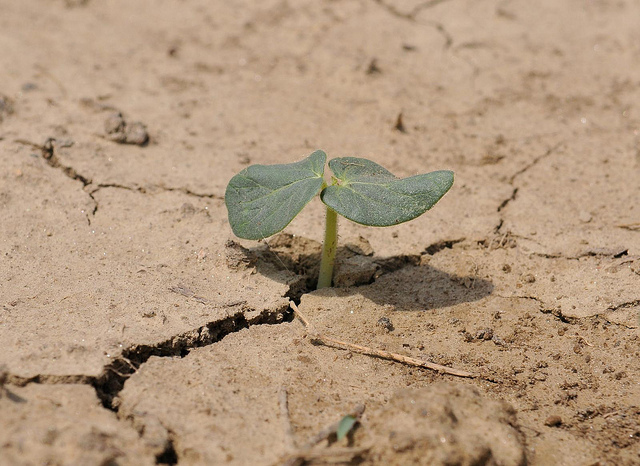
How will climate change affect the world food system?
Post by IFPRI senior researcher Tim Thomas
-
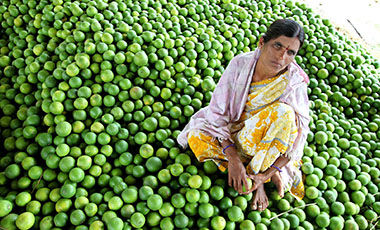
Unraveling the enigma of South Asian malnutrition
This is a post by IFPRI senior researcher Lawrence Haddad
-
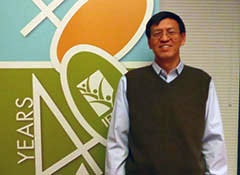
From famine to feast in forty years: Policy matters
The following post by IFPRI Director General Shenggen Fan was originally published in the Huffington Post. It is the first in a series of blog stories celebrating IFPRI’s 40th anniversary. In the mid-1970s, the outlook for food supplies around the world was grim. There were talks of “food triage”— food-rich countries would decide which food-poor countries […]




